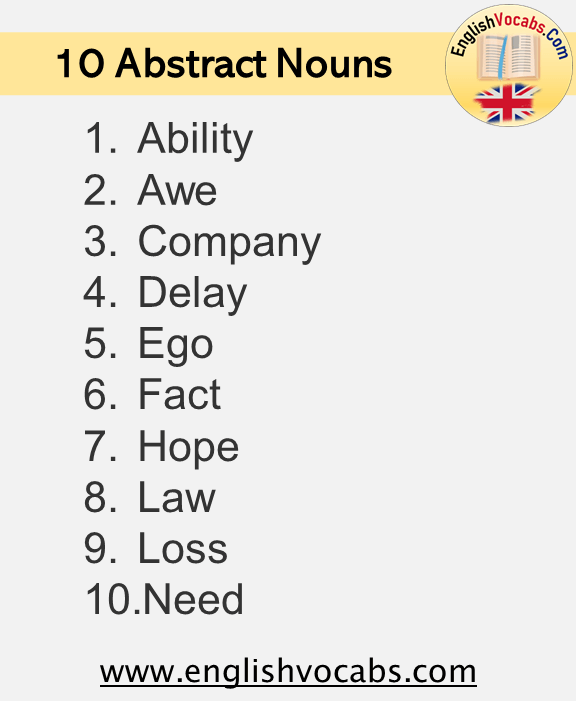8 Types of Noun, Definition and Example Sentences

Table of Contents
Nouns in English Grammar
In English, nouns are words that represent a place, a person, a thing, or even an idea. In this case, names can be both tangible and intangible and in the sentence, nouns can also indicate sentence elements such as an adjective, subject, indirect object. Let’s give a few examples of this situation:
- My mother came home.
- A handsome boy got out of the car.
- Happiness is the freedom of a person.
- Two weeks ago the president went to London.
91 pronouns and example sentences
Indefinite Pronouns List and Examples Sentences
Reflexive Pronouns List and Examples Sentences
Possessive Pronouns List and Examples Sentences
Object Pronouns List and Examples Sentences
Subject Pronouns List and Examples Sentences
It is known that nouns have more than one type in English grammar information. The names with 8 varieties in total are listed below with examples.
Proper Nouns: This type of noun is just one thing; are nouns denoting people, places, and things, and such names are usually capitalized.
- Like England (place name), James (person name), White House (item name).
Common Nouns: Nouns that can indicate more than one person, place, and thing on their own are called common nouns. It is the opposite of a proper noun.
- Such as city (there is more than one city), flag (there is more than one flag), girl (there is more than one girl). Such names do not specifically describe one thing and do not have the identity of a single thing.
Abstract Nouns: Although we know what some names are, they are names that cannot be felt with the five senses.
- Words such as courage, honor, sadness, conscience, freedom, independence.
Concrete Nouns: The words in this type are nouns that can be felt using the five senses.
- Words such as sofa, table, telephone, glass, jacket, shoes, coffee, apple, headphones, money are examples.
Countable Nouns: Nouns that can be counted more than one are named in this way. Grammatically, “a, an, the” articles come just before these names.
- Words such as ball, orange, hat, pen, glass, a table can be given. They can be counted as 1 ball, 2 balls. When used alone, they can be used as “a ball” or “the ball”.
Non-countable Nouns: Names that cannot be counted as one or more are called non-countable. Abstract nouns and special nouns can be said to be non-countable. Concrete nouns can sometimes be counted and sometimes not counted.
- Words such as gasoline, oil, water nouns cannot be counted as 1-2-3-4 -…
Collective Nouns: They are nouns that can denote a group, multiple people, or things.
- Words such as family, army, football team, forest are examples.
Compound Nouns: It occurs when two or more nouns come together and sometimes there is a “-” between them.
- Ten-year-old, self-control, headache, driving license examples can be given.


